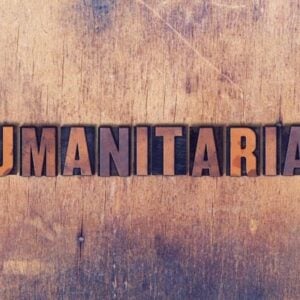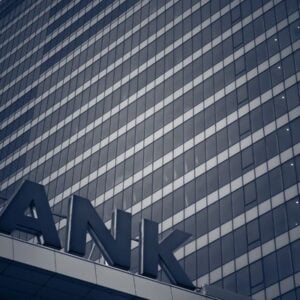The traditional textile sector in Indonesia is a vital part of the country’s cultural heritage, but it struggles to compete with mass-produced fabrics. The challenge is compounded by a shrinking number of artisans, as younger generations show little interest in the time-consuming craft. Producing a single piece of traditional woven fabric can take up to 30 days, discouraging many from learning or continuing the practice.
Micro, small, and medium-sized enterprises in the weaving sector also face pressing environmental and social challenges, particularly in adopting circular economy principles and advancing gender equality. To address these issues, the UN Joint Programme ‘Accelerating SDGs Investment in Indonesia (ASSIST)’, supported by the Joint SDG Fund, partnered with UNIDO to strengthen local entrepreneurship. Their interventions focused on empowering women and youth, fostering inclusive growth, and promoting sustainable economic development.
Seni Kreatif, a Lombok-based enterprise with over 500 women weavers, was one of the beneficiaries of UNIDO’s support. The initiative helped the group improve product quality, design, and market competitiveness while also encouraging the use of eco-friendly fibers. With this backing, Seni Kreatif expanded under its MyNyale brand and found innovative ways to address raw material challenges.
By experimenting with fibers made from water hyacinth and recycled plastic waste, the enterprise achieved a breakthrough in efficiency. They were able to produce four meters of fabric in just a few days compared to the weeks required for traditional cotton weaving. This shift not only boosted production but also improved the income of women weavers, enhancing their economic independence.
The success of Seni Kreatif demonstrates the transformative potential of combining traditional skills with sustainable innovation. It highlights how empowering women in heritage industries can support both economic growth and environmental stewardship, serving as a model for community-driven and sustainable development.







